The world of skateboarding is vast and incorporates the stars of today, the legends of yesteryears, and the tricks and techniques that dominate each game.
Skateboard Types and Stars
There are various types of skateboards you can order as a user or a reseller. You can check out the latest Impala skateboard or some other type of electric skateboard if that is your thing.
However, skateboarding started as an activity kids used to feel cool. Before it became a multi-billion dollar industry, skateboarding was just a pastime, and a skate shop was a sports shop that sold longboards and other skate-related items. However, the sport always remembers its origins, as it honors some of the most famous active and retired practitioners.
The roll call includes some of the biggest names like Tony Hawk, Ryan Sheckler, Nyjah Huston, and Rodney Mullen. These legends have become characters in some of the biggest sports video games that revolve around skateboarding.
In 2021, skateboarding made its debut on the most remarkable athletic stage in the world, the Olympics, and attracted billions of brand endorsements. This meteoric rise is impressive, considering how the sport began from humble beginnings.
Skateboard Companies and Star Influence
Skateboarding started in the late 1960s when people in California used schoolyard banks to emulate waves on flat days, called 'sidewalk surfing.' Surf companies sensed the market and began to make skateboards. There are many options, such as penny boards and Ripstick. However, at the time, skateboards had a simple design, and in the '80s, legends like Tony Hawk gave skateboarding the rep it has today.
Thanks to these legends and many more players, techniques were born. Some of them include fingerboarding. Fingerboarding is a skateboarding trick where you use your fingers. It is a fun pastime for some but has become a full-time activity too. Regular contests, fairs, workshops, and other events allow fingerboarders to meet, compete, and network.

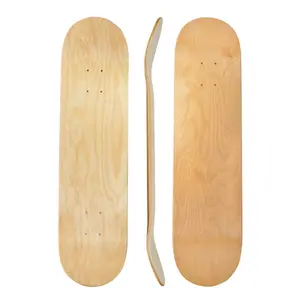





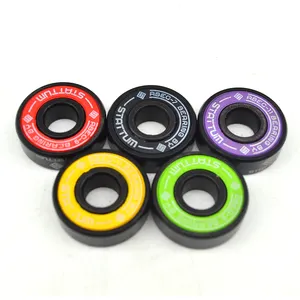

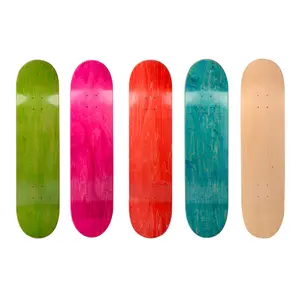









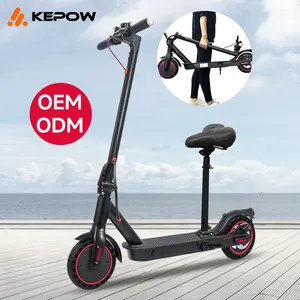

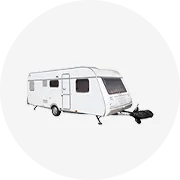

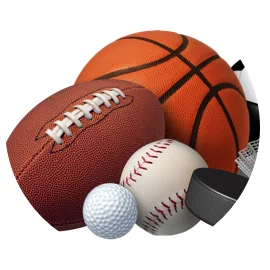
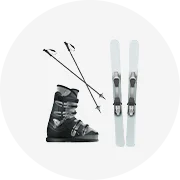



















 浙公网安备 33010002000092号
浙公网安备 33010002000092号 浙B2-20120091-4
浙B2-20120091-4